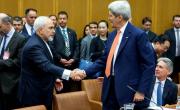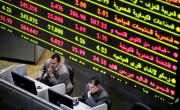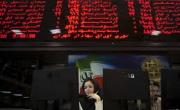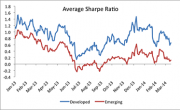Iran Can't Just Open the Oil Spigot
July 18, 2015
The biggest ripple for investors from the landmark July 14 agreement that could free Iran from international economic sanctions in return for curtailing its nuclear program will be felt in the oil markets. They didn’t take the news well. The price of Brent crude fell 2.5%, to $57.06 a barrel, from what was already close to a four-month low, before falling a bit further later in the week.











